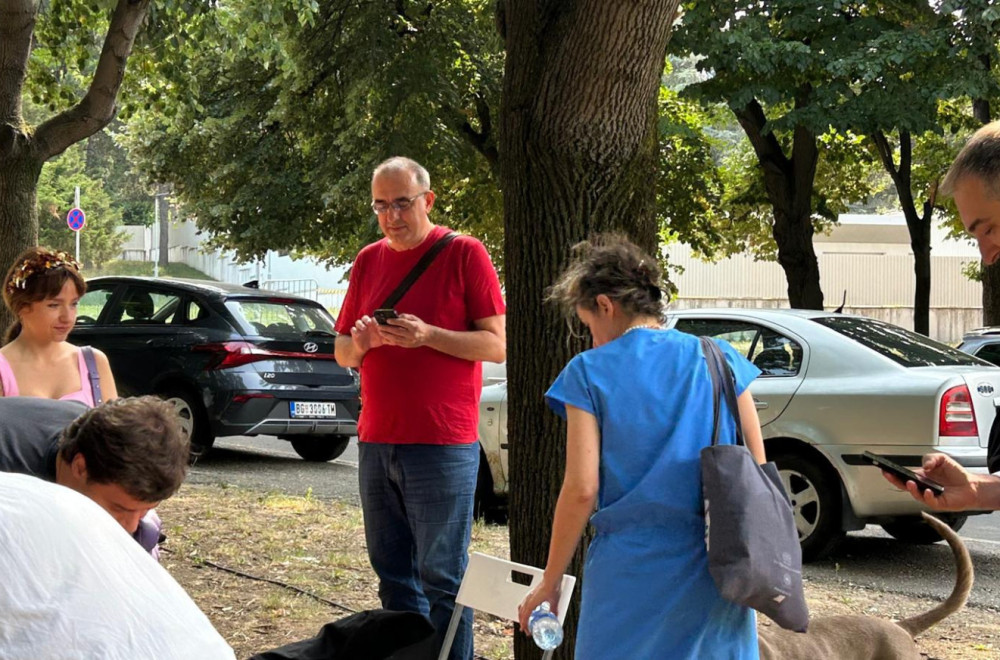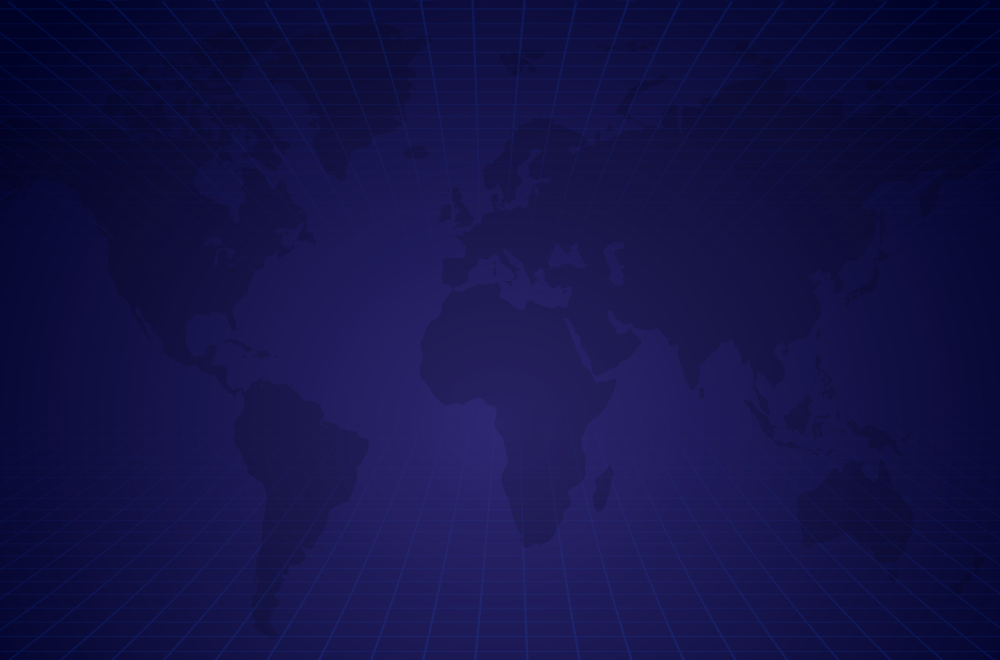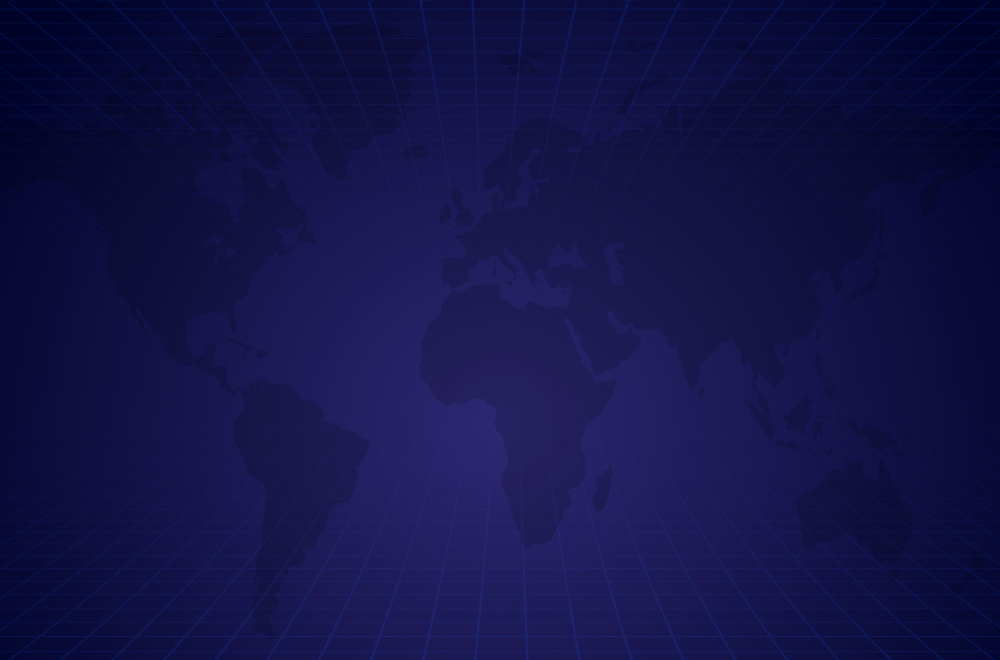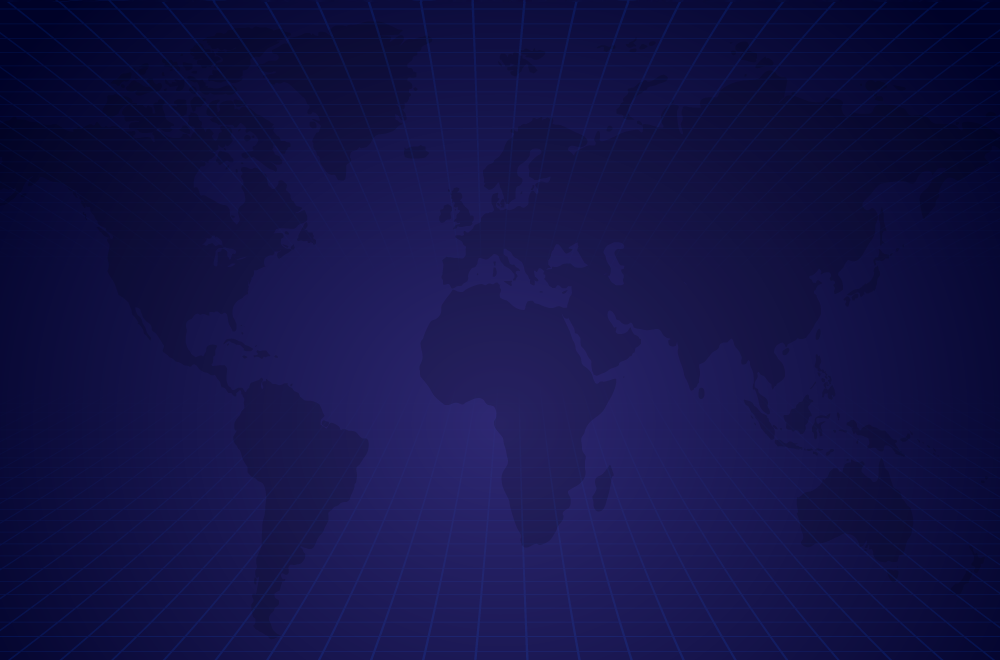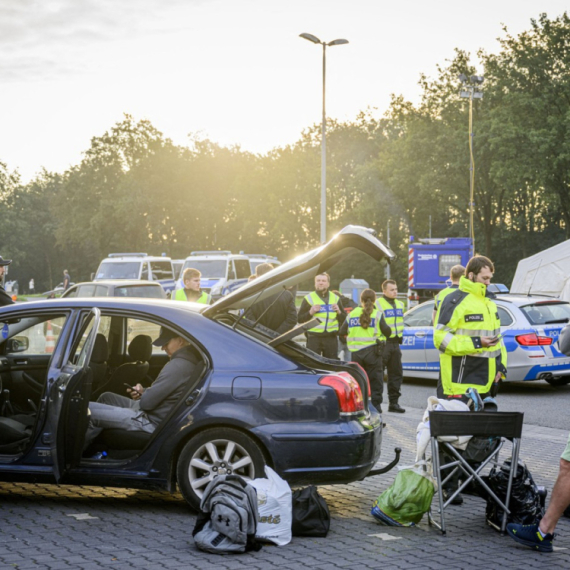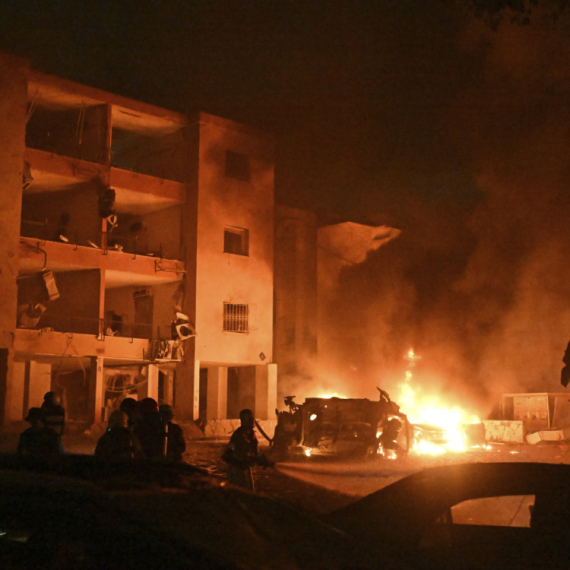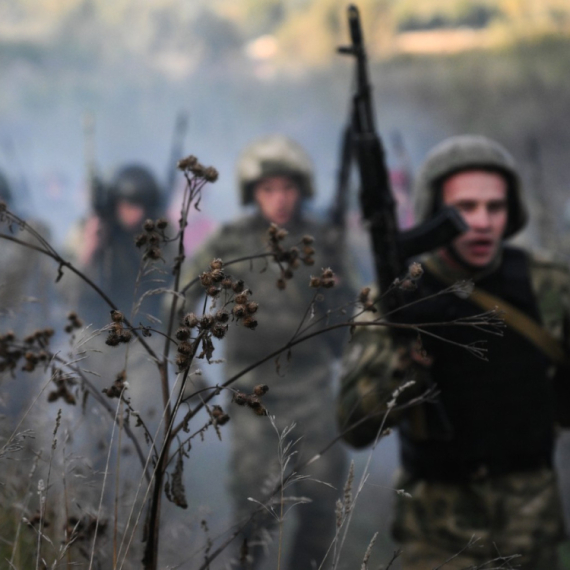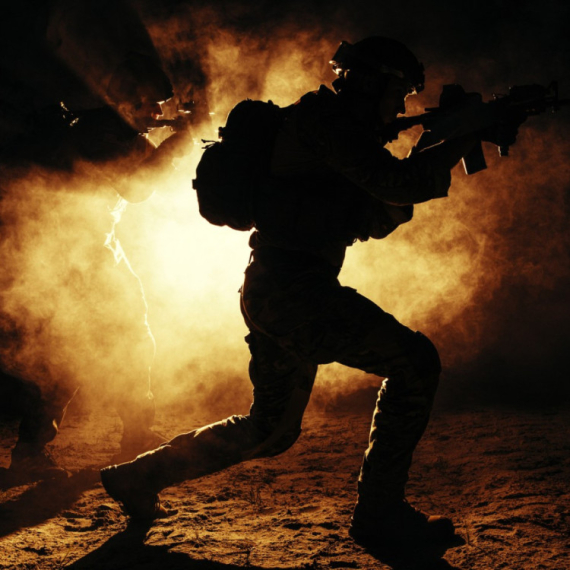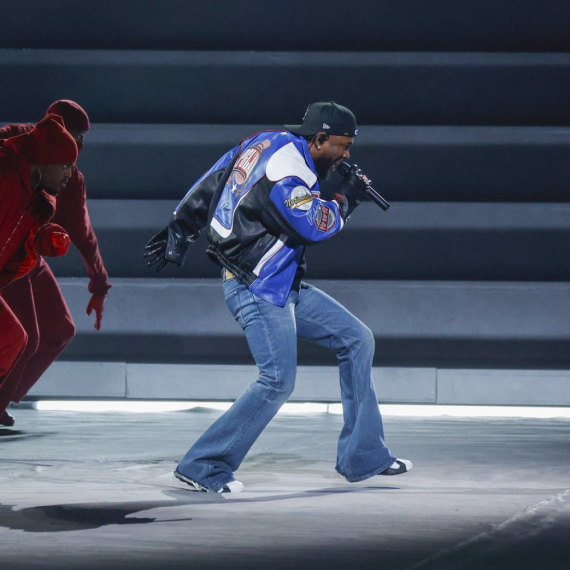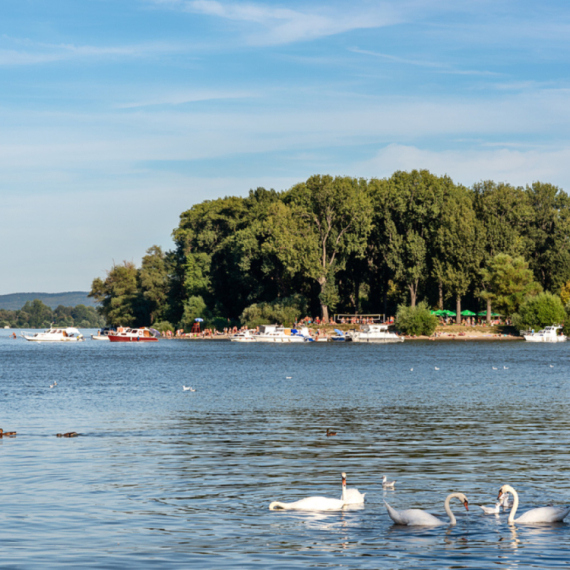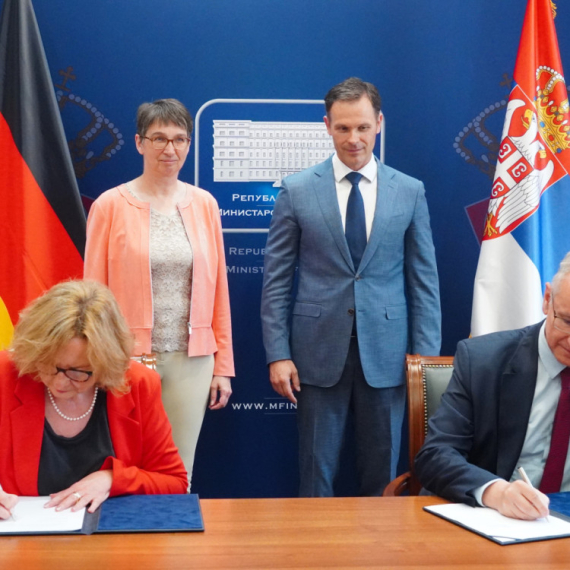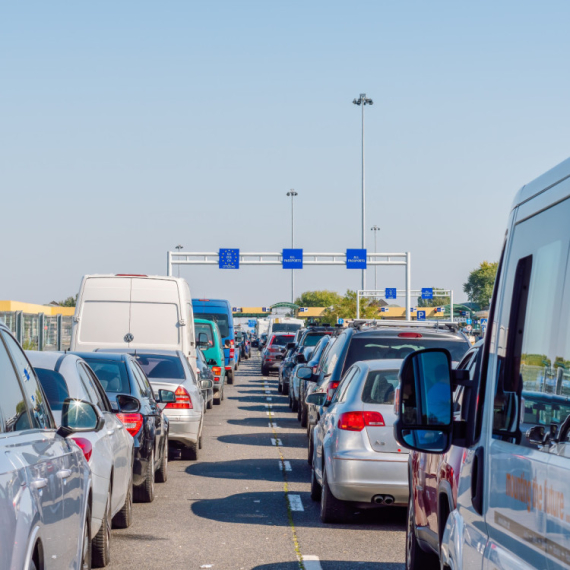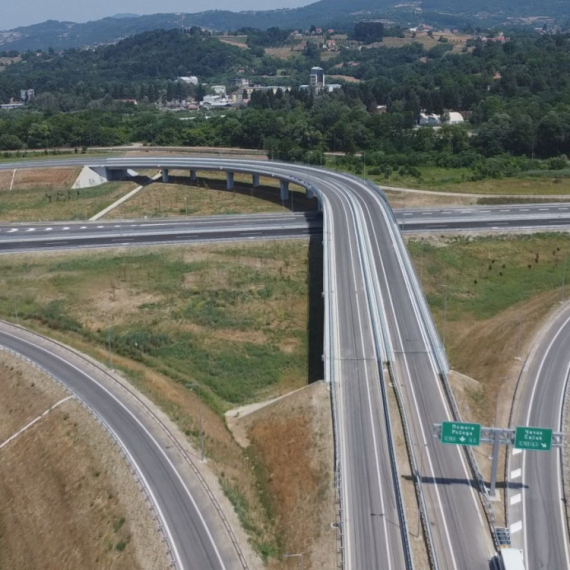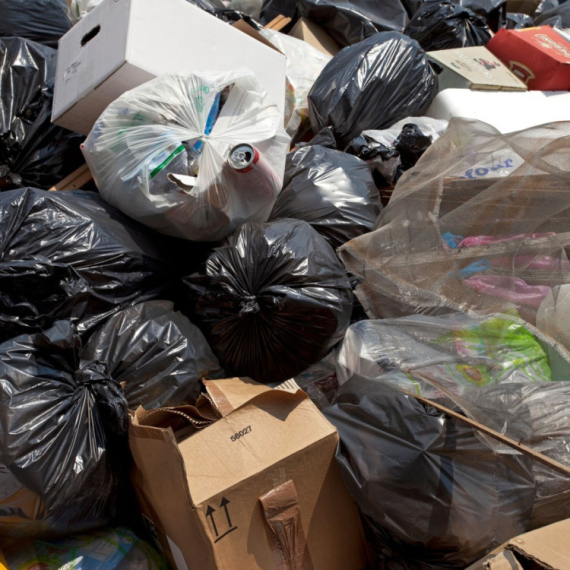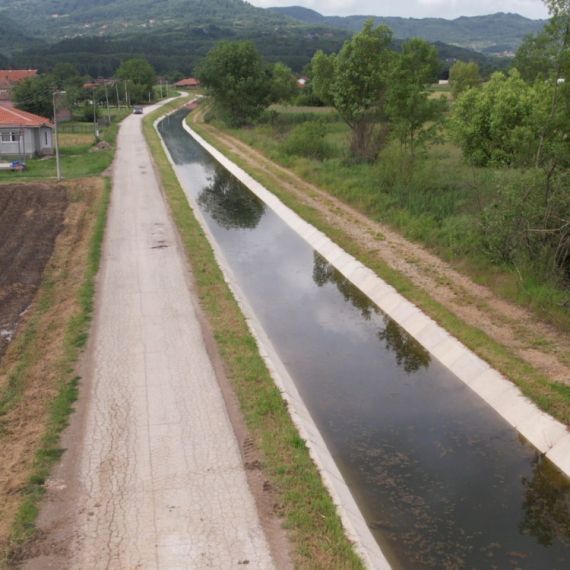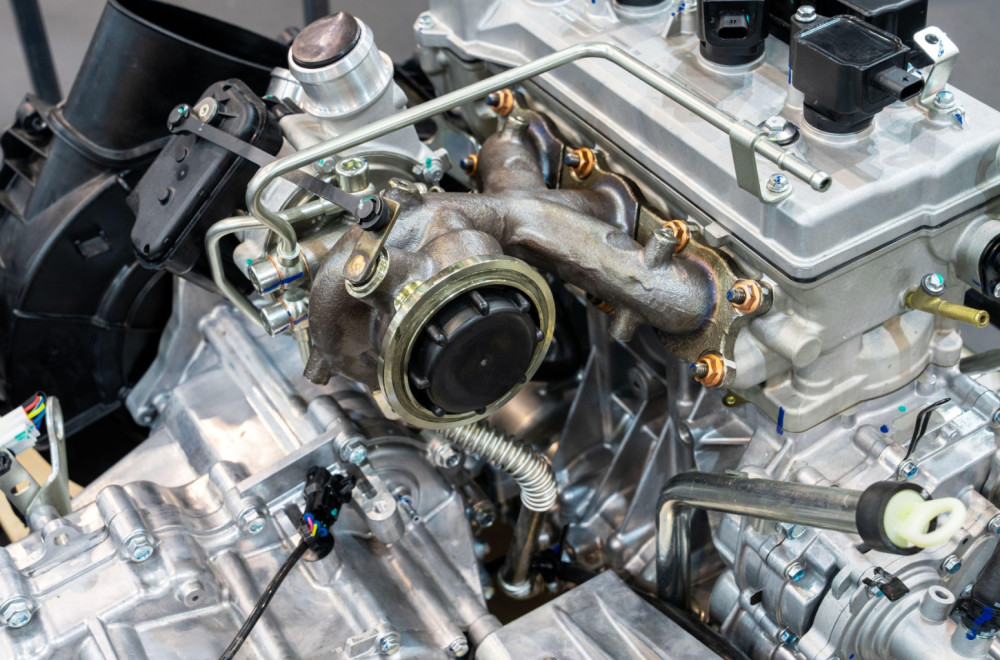On the eve of Vidovdan, the “Krokodil” festival has become a hotbed of controversy and political tension. The main star of the festival is Dinko Gruhonjić, known as the chief ideologist of the blockaders and a convicted Serb-hater, who, along with other blockaders like Dejan Atanacković and Marko Vidojković, as well as guests from Sarajevo, organizes a panel promoting the thesis that Serbs are a genocidal people. Dragan Popović, another Serbian blockader, promotes a book at the festival claiming that Serbs committed genocide. This festival, held in Belgrade, sparks a storm of reactions as it takes place on the day of the great Serbian holiday Vidovdan, and its goal, according to critics, is to completely undermine Serbian national identity and falsify history. The organizers openly demand recognition of genocide against Serbs, which has been rejected by the current government led by President Aleksandar Vučić. The blockaders announce they will continue their campaign and seek a change of government that will first recognize the genocide in Srebrenica. Media warn that the blockaders’ goal is to endanger people’s lives, attack institutions, and violently seize power, which, according to some sources, has been planned for more than seven months. The “Krokodil” festival thus becomes a symbol of deep divisions in Serbian society and raises questions about the limits of freedom of expression and political struggle.
The “Krokodil” Blockaders Festival: Campaign to Label Serbs Genocidal or a Fight for Truth?
